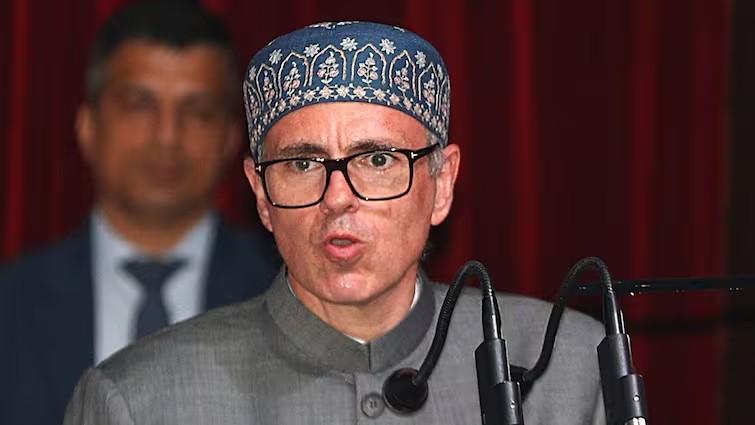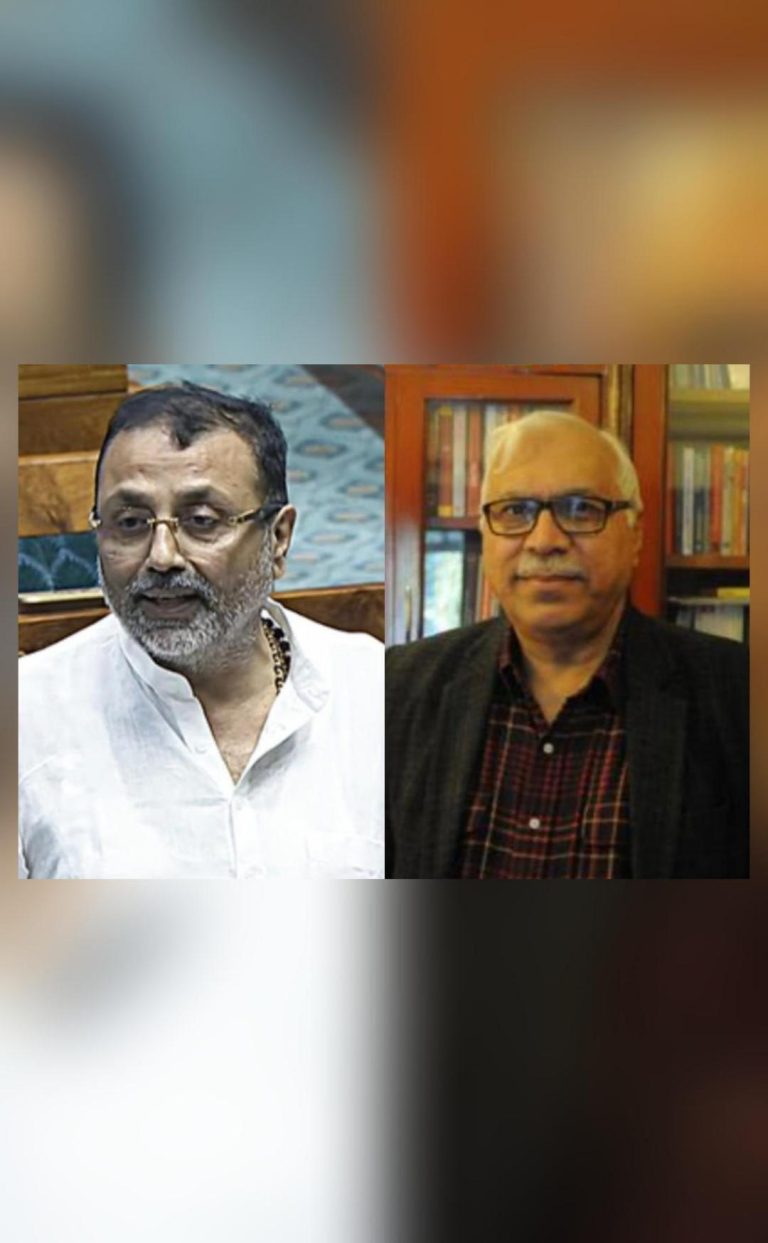
Normalcy in J&K post Art 370 abrogation is forced, not organic: CM
The abrogation of Article 370, a contentious constitutional provision that granted special status to Jammu and Kashmir, was a significant move by the Indian government. The move was met with both praise and criticism, with some hailing it as a bold step towards integration and others accusing it of being a draconian measure. Amidst the controversy, Jammu and Kashmir Chief Minister Omar Abdullah has weighed in on the matter, stating that the normalcy that has been restored in the region is “forced” rather than “organic”.
In an interview, Abdullah expressed his concerns about the current situation in Jammu and Kashmir, saying that the normalcy that has been achieved is not a natural or organic process. Instead, he believes that it is a result of fear and intimidation, rather than a genuine desire for peace and harmony. “If what is happening in J&K is organic, then nothing like it. If it is driven out of fear, then there’s a problem,” he said.
Abdullah’s statement is a stark contrast to the claims made by the Centre, which has repeatedly stated that the situation in Jammu and Kashmir has returned to normalcy. The Union government has pointed to the reopening of schools, the restoration of mobile phone services, and the relaxation of restrictions on movement as evidence of the region’s return to normalcy. However, Abdullah’s comments suggest that these measures may be more superficial than they appear.
Abdullah’s concerns about the forced normalcy in Jammu and Kashmir are not unfounded. The region has been under strict surveillance and control since the abrogation of Article 370, with thousands of security personnel deployed to maintain order. The movement of people has been restricted, and even basic amenities like electricity and water supply have been disrupted in some areas.
Moreover, the Centre’s decision to bifurcate Jammu and Kashmir into two Union Territories – Jammu and Kashmir, and Ladakh – has also been widely criticized. Many have argued that this move is a attempt to undermine the autonomy and identity of the region, and to impose the Centre’s will on the people.
Abdullah’s comments have also sparked debate about the role of the Centre in the region. While the Centre has claimed that it is working to restore normalcy and stability in Jammu and Kashmir, Abdullah’s statement suggests that the Centre’s actions are motivated by a desire to impose its will on the region, rather than to genuinely engage with the people and their concerns.
In recent years, there have been growing concerns about the erosion of democratic institutions and the suppression of dissent in Jammu and Kashmir. The Centre’s decision to abrogate Article 370 has been widely criticized as a violation of the Constitution and a threat to the autonomy of the region.
Abdullah’s statement is a timely reminder of the need for the Centre to engage with the people of Jammu and Kashmir in a more meaningful way. Rather than imposing its will on the region, the Centre should be working to build trust and confidence among the people. This can be achieved by listening to their concerns, addressing their grievances, and working towards a more inclusive and equitable solution.
In conclusion, Omar Abdullah’s statement that normalcy in Jammu and Kashmir is forced, not organic, is a wake-up call for the Centre. Rather than imposing its will on the region, the Centre should be working to build trust and confidence among the people. This requires a more nuanced and sensitive approach, one that takes into account the concerns and aspirations of the people of Jammu and Kashmir.




